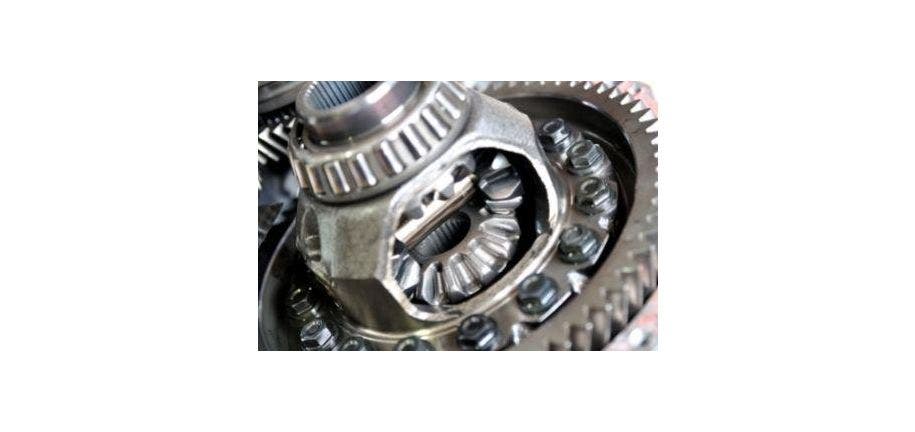Car troubles can be a major inconvenience and a drain on your wallet, but did you know that many common issues can be easily fixed by the average driver? With the right tools and a little know-how, you can save yourself time and money by tackling repairs yourself. In this blog, we've compiled the ultimate list of parts and supplies to have on hand for fixing common car problems. From poor lubrication to a broken pump, we've got you covered. So grab your toolkit and get ready to become your own car mechanic
Lubrication
Car lubrication is a crucial component of a vehicle's engine system. The purpose of lubrication is to reduce friction between moving parts, minimize wear and tear, and transfer heat. Lubricants are usually made of oil and are used to coat engine components such as cylinders, pistons, and gears. As the engine runs, the oil circulates and spreads over all the moving parts, reducing friction and preventing metal-to-metal contact. This reduces wear and extends the life of the engine components. Additionally, the oil helps to dissipate heat and keep the engine running at a stable temperature. Maintaining proper lubrication levels and regularly changing the oil are key to ensuring the longevity and performance of your vehicle's engine.
Parts:
Fuel Delivery


Fuel delivery is a crucial aspect of a vehicle's engine system, responsible for getting fuel from the gas tank to the engine. The fuel delivery system consists of several components, including the fuel pump, fuel filter, fuel injectors, and fuel lines. The fuel pump is responsible for drawing fuel from the gas tank and delivering it to the engine under the necessary pressure. The fuel filter removes contaminants from the fuel, and the fuel injectors precisely meter the fuel into the engine's cylinders. The fuel lines transport the fuel from the tank to the engine. Regular maintenance, such as fuel filter replacement, fuel system cleaning, and fuel pump replacement, is important to ensure the continued functioning of the fuel delivery system and prevent issues such as clogged fuel lines, decreased fuel pressure, and reduced engine performance. By maintaining the health of your fuel delivery system, you can help ensure the reliability and efficiency of your vehicle.
Parts:
Fuel and Air Compression


Poor fuel and air compression in a car can have serious consequences for the vehicle's performance and overall health. Fuel compression refers to the pressure created in the engine's cylinders during the combustion process. When this pressure is insufficient, the engine may run poorly or fail to start. On the other hand, poor air compression can result in reduced engine power and decreased fuel efficiency. Both of these issues can be caused by a variety of factors, such as clogged air filters, overused piston rings, and leaky cylinders. To prevent poor fuel and air compression, it's important to regularly maintain your vehicle and address any issues as soon as they arise. This can include regular tune-ups, replacing worn parts, and monitoring the engine's compression levels. By addressing these issues, you can help ensure the longevity and performance of your vehicle.
Engine Cooling


Blocked engine radiators can lead to serious problems for your vehicle. The radiator is responsible for dissipating heat from the engine and maintaining a stable operating temperature. When the radiator becomes blocked, either by debris or rust, it restricts the flow of coolant and can lead to overheating. Overheating can cause engine damage and even complete engine failure. In addition, a blocked radiator can also cause decreased engine performance and reduced fuel efficiency. To prevent these issues, it's important to regularly check the radiator and keep it clean. This may involve flushing the radiator, replacing the coolant, or repairing or replacing the radiator itself. By maintaining the health of your radiator, you can help ensure the longevity and performance of your vehicle.
Parts:
Combustion System:


The combustion system in a car is responsible for the process of converting fuel and air into the energy necessary to power the engine. This system is made up of several components, including the spark plugs, fuel injectors, and the engine's cylinders. The fuel and air mixture is drawn into the cylinders, compressed, and then ignited by the spark plugs. The resulting explosion drives the pistons, creating the power necessary to turn the crankshaft and drive the wheels. The combustion process is closely monitored and controlled by the car's computer system to ensure optimal performance and efficiency. Regular maintenance, such as tune-ups, spark plug replacement, and fuel system cleaning, is important to keep the combustion system in good condition and prevent potential problems, such as misfires and decreased engine power.











